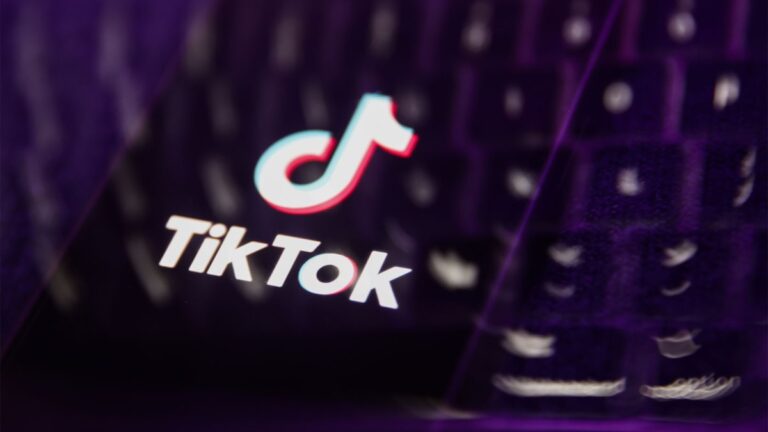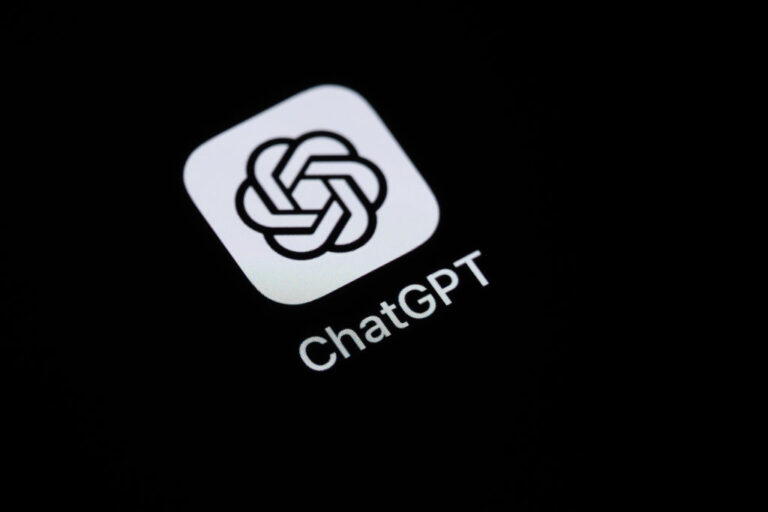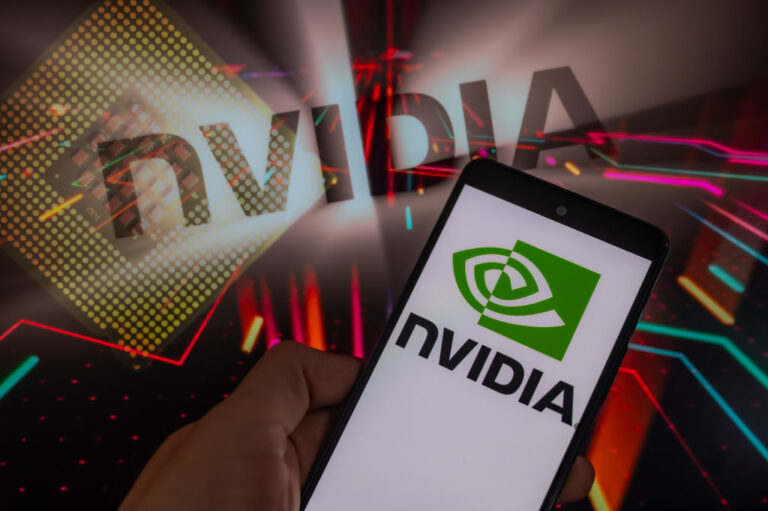Meta’s Maverick AI Model Falls Short Against Rivals in Key Chat Benchmark Rankings
Meta recently faced criticism for using an experimental version of its Llama 4 Maverick model to achieve an impressive score on the crowdsourced benchmark known as LM Arena. This incident has led the maintainers of LM Arena to apologize and revise their policies, opting to score only the unmodified version of Maverick.
Performance of the Unmodified Llama 4 Maverick
The unmodified model, known as Llama-4-Maverick-17B-128E-Instruct, has not fared well in comparisons. As of Friday, it was ranked lower than several established models, including:
- OpenAI’s GPT-4o
- Anthropic’s Claude 3.5 Sonnet
- Google’s Gemini 1.5 Pro
Notably, many of these competing models have been on the market for several months.
Meta’s Experimental Model and Its Implications
The experimental version, referred to as Llama-4-Maverick-03-26-Experimental, was designed with a focus on optimizing conversational performance. According to a chart released by Meta, these optimizations resonated well with the evaluation criteria of LM Arena, where human raters assess and compare the outputs of different models.
However, LM Arena has faced scrutiny due to its reliability as a metric for measuring AI performance. Customizing a model for a specific benchmark can mislead developers and hinder their ability to predict how the model will perform in varied real-world applications.
Meta’s Response and Future Outlook
In response to the backlash, a spokesperson from Meta stated to TechCrunch that the company frequently experiments with various custom model variants. They explained:
“Llama-4-Maverick-03-26-Experimental is a chat-optimized version we experimented with that also performs well on LM Arena. We have now released our open-source version and are eager to see how developers customize Llama 4 for their unique use cases. We look forward to their ongoing feedback.”
This situation underscores the importance of transparency in AI benchmarking and the need for developers to utilize reliable metrics to ensure they are accurately evaluating AI capabilities.
For more information on AI models and performance benchmarks, please visit our AI Benchmarking page.







